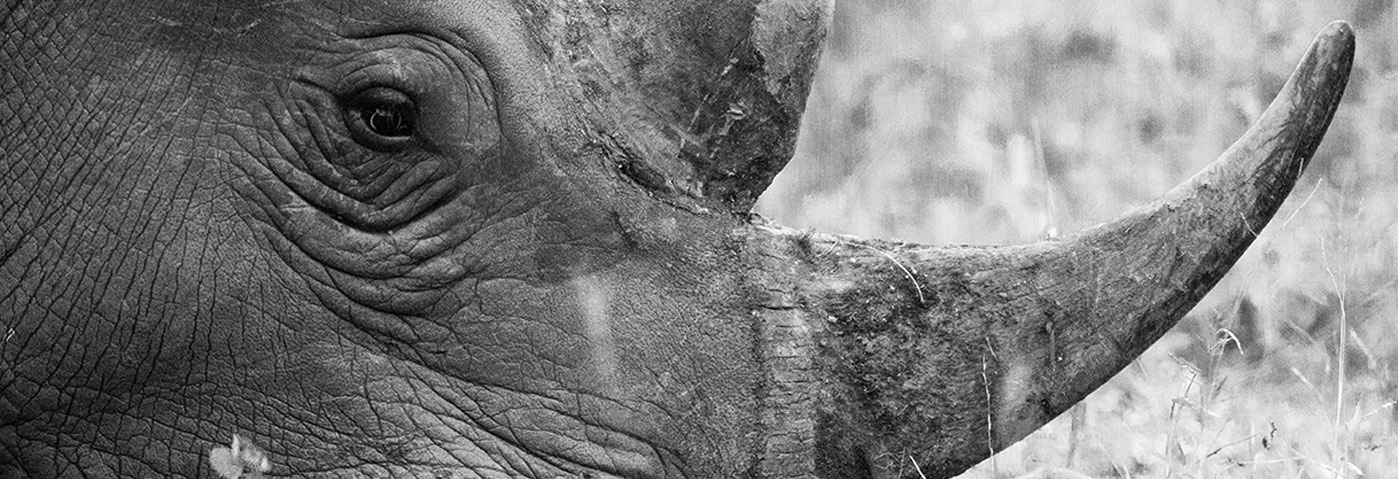Few people see Black Friday as a day for reflection. Along with its online sibling – Cyber Monday – It’s the apotheosis of consumption – a no-holds-barred scramble to ‘get it before it’s gone’.
Most tourism companies use the day as it was intended. Stick ‘Black Friday Tourism Deals’ or similar into your browser and all the big travel companies’ names come up. As do many of those who gain a lot of media coverage for their positions on responsible tourism. 2018 may be the year that overtourism hit the big time, but hey, who can resist a sale?
This in-for-a-penny approach may work in the short term, and it will probably sell more ethically produced, locally sourced experiences for the companies that discount most vigorously. But in the long run, it perpetuates a way of operating focussed on growing sales while cutting costs. Consumption – ethical or otherwise – remains the main motivator.
What might happen if we used this opportunity not as another saleable moment, but instead as a teachable one? What if we saw it as an ideal time to share a bolder vision for sustainable tourism than one that’s “based on the same consumption-driven growth model, but sipping on bamboo straws under solar-powered roofs?”
One company that has taken a different approach is the adventure co-op REI. REI sells outdoor clothing and experiences. For the last three years, it has closed its stores and websites for Black Friday and given all its 12,0000 employees a paid day off. It’s encouraged them to go and enjoy experiences in nature. And yes, the unavoidable irony is that it has worked well as a piece of marketing too, almost certainly boosting sales in all the other days of the year.
This year the company has gone further and has also pledged $1 million to the University of Washington, to fund the establishment of a Nature for Health initiative within the school’s EarthLab. “We know there is a link between time spent in nature and our health and well-being. We are working to close the knowledge gap so we fully understand the benefits,” said Joshua J. Lawler, head of Nature for Health and the Denman Professor of Sustainable Resource Sciences at the UW. Rather than just selling us more stuff and the sedentary, solipsistic lifestyle that accompanies it, REI is supporting research into what reconnecting to one another and the natural world offers.
It is a welcome start, and I hope it inspires others who see their companies as thought leaders to think how they might mark this day in 2019. Because if tourism’s vision for its future is just to sell more holidays then it is unlikely to have much of a future.
The signs aren’t good. So ingrained is the Black Friday discount sale rush mentality, that our response to the threat of extinction is to ‘‘Buy it before it’s gone”. According to research by Xavier Font and Ann Hindley: “raising awareness [of conservation issues] may have a negative effect, by prompting tourists to consume a disappearing tourism product before it is too late.” A couple of years ago, for example, certain tour companies responded to the opening up of the Northwest Passage due to the melting of Arctic sea ice by… selling trips. As the World Wildlife Fund observed at the time: “It would be ironic if tourism promoting a chance to see Arctic wildlife before it disappears actually hastens that disappearance.” Earlier this year, Forbes magazine declared: “Last-Chance Tourism Named Top Travel Trend For 2018”.
Which makes it particularly difficult to know what we should do about the next Special Day in the calendar. Falling exactly a week after Black Friday, November 30th marks “Remembrance Day for Lost Species”. It offers “a chance each year to explore the stories of extinct and critically endangered species, cultures, lifeways, and ecological communities.” There’s a Walk for the Wild Things in British Columbia. A procession commemorating Steller’s Sea Cow in Brighton.
Remembrance Day for Lost Species asks us to ponder what living in our world is like now that we have wiped out 60 per cent of the wildlife we shared it with when my 45 year long life began. It provides a space for us to contemplate reading our grandchildren bedtime stories in which rhinoceroses are as fanciful as unicorns. It gives us a moment to ask what we should do to try to stop such a situation happening.
It also highlights the dilemma at the heart of the problem. Not many people have heard of Remembrance Day for Lost Species. But the worse the extinction crisis becomes, the bigger the event could grow. And the bigger it grows, the more of a saleable opportunity it becomes.
Likewise, all across the world, there are tourism companies who sell trips to see such threatened animals. At their best, they can be what stands between these species surviving or not. But at the same time, needing to frame the value of animals in financial terms lies at the root of why they are threatened in the first place. Hunters pay more to shoot rare animals. The fewer rhinos there are left, the more the price of horn goes up. Safari tourists will pay a lot more to see a Hirola Antelope than an Impala.
The world needs an alternative to consumerism if it is to survive. Tourism sells the experiences that offer those alternatives. And on Black Friday it sells them at a discount.

